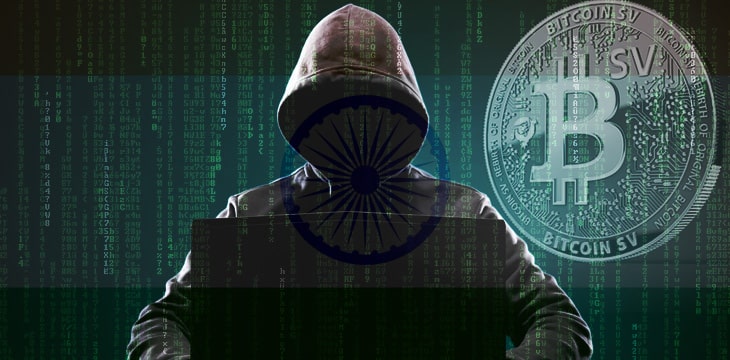|
Getting your Trinity Audio player ready...
|
Digital currency crime is on the rise worldwide. But according to the findings of a cybersecurity report published by Microsoft, digital currency users in India should be extra wary.
According to the report, users in India are nearly five times as likely as digital currency users elsewhere to encounter the so-called “cryptojacking” attacks. The Microsoft report analyzed cybersecurity issues in the Asia-Pacific region, noting that users in India were 4.6 times as likely than the regional and global averages to encounter digital currency hacks. These attacks occur when hackers use malware to harvest a user’s computer processing power without their knowledge to mine for digital currencies.
The findings come against a backdrop of a general global fall in this specific type of attack as a result of increased block reward mining difficulties and volatility, making the figures for hack victims in India even more concerning.
Microsoft also identified Vietnam and Sri Lanka as regional centers likely to suffer higher than average instances of “crypto-mining” attacks.
Drive-by download attacks also registered a spike of 140%, where users inadvertently download a malicious script that can be used to steal financial data. Similar rises were also reported in Hong Kong and Singapore.
The Asia-Pacific region as a whole sits above the global average according to the findings, with instances of malware and ransomware between 1.6-1.7 times more prevalent against averages elsewhere.
The report is based on findings between January and December 2019, and shows a total of 6% of Indian digital currency users had encountered malware or ransomware over the period.
The results show the extent to which digital currency crime remains a serious problem in India. With similar attacks being perpetrated around the world, the report is a reminder of the need to be vigilant in avoiding these types of cybercrimes.

 02-22-2026
02-22-2026 




